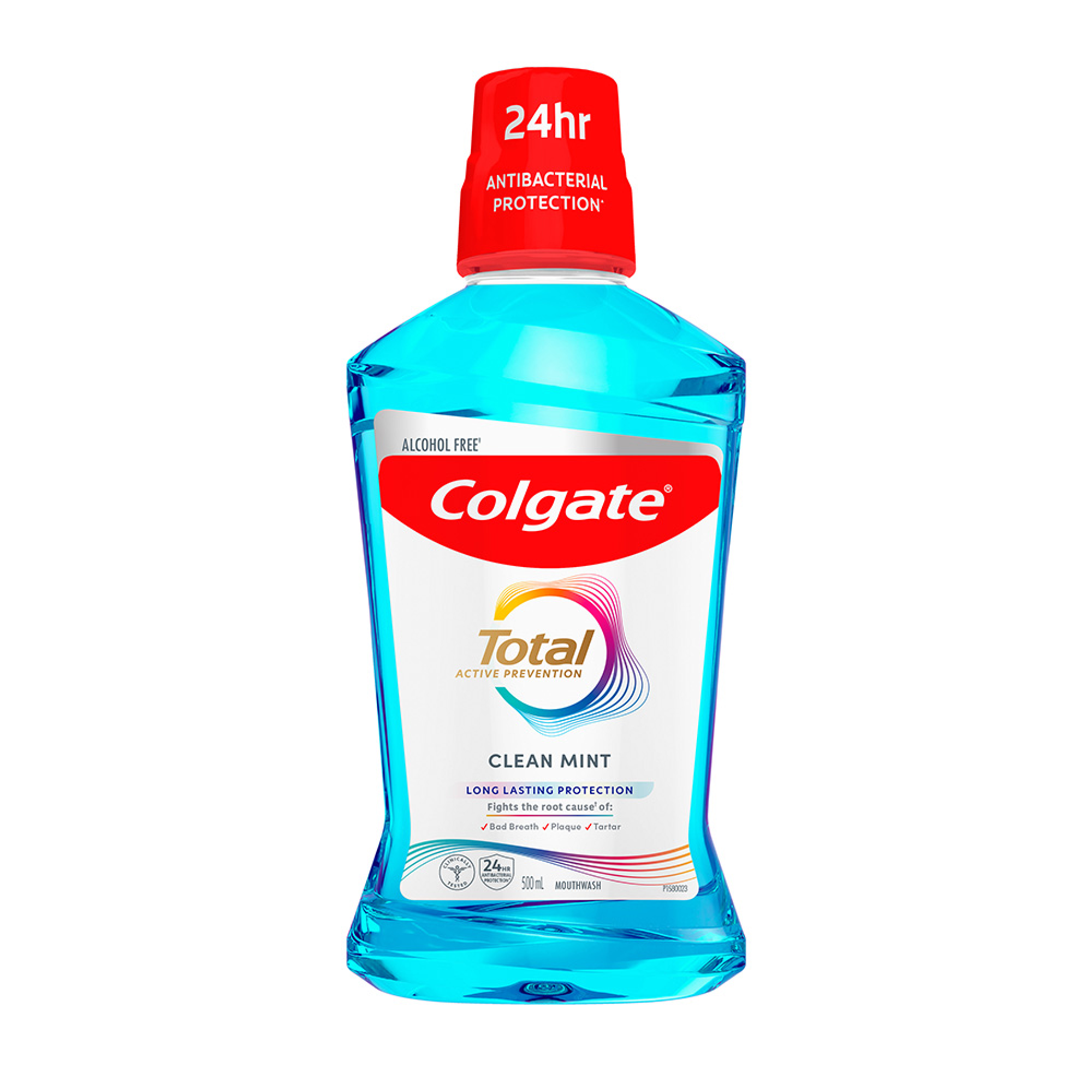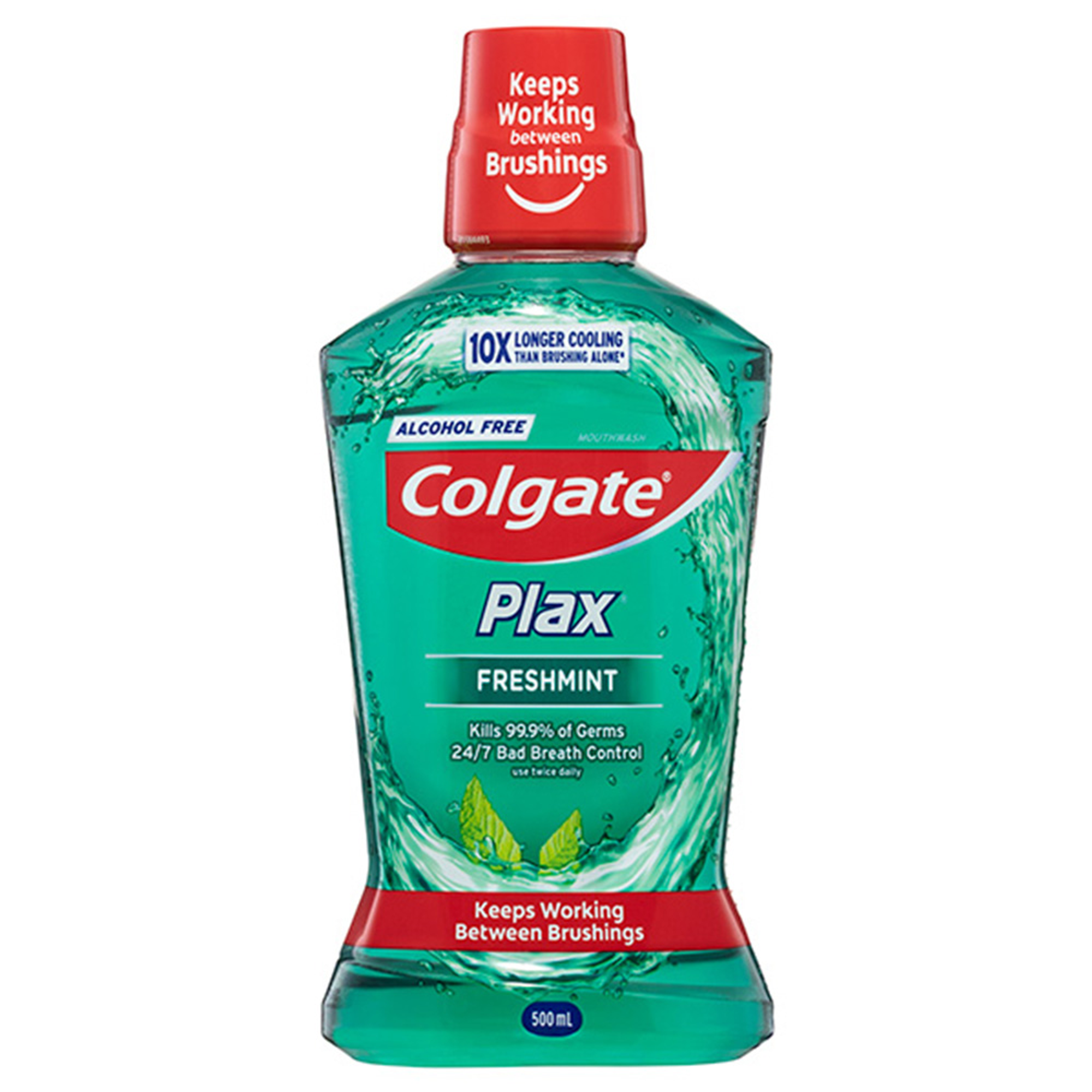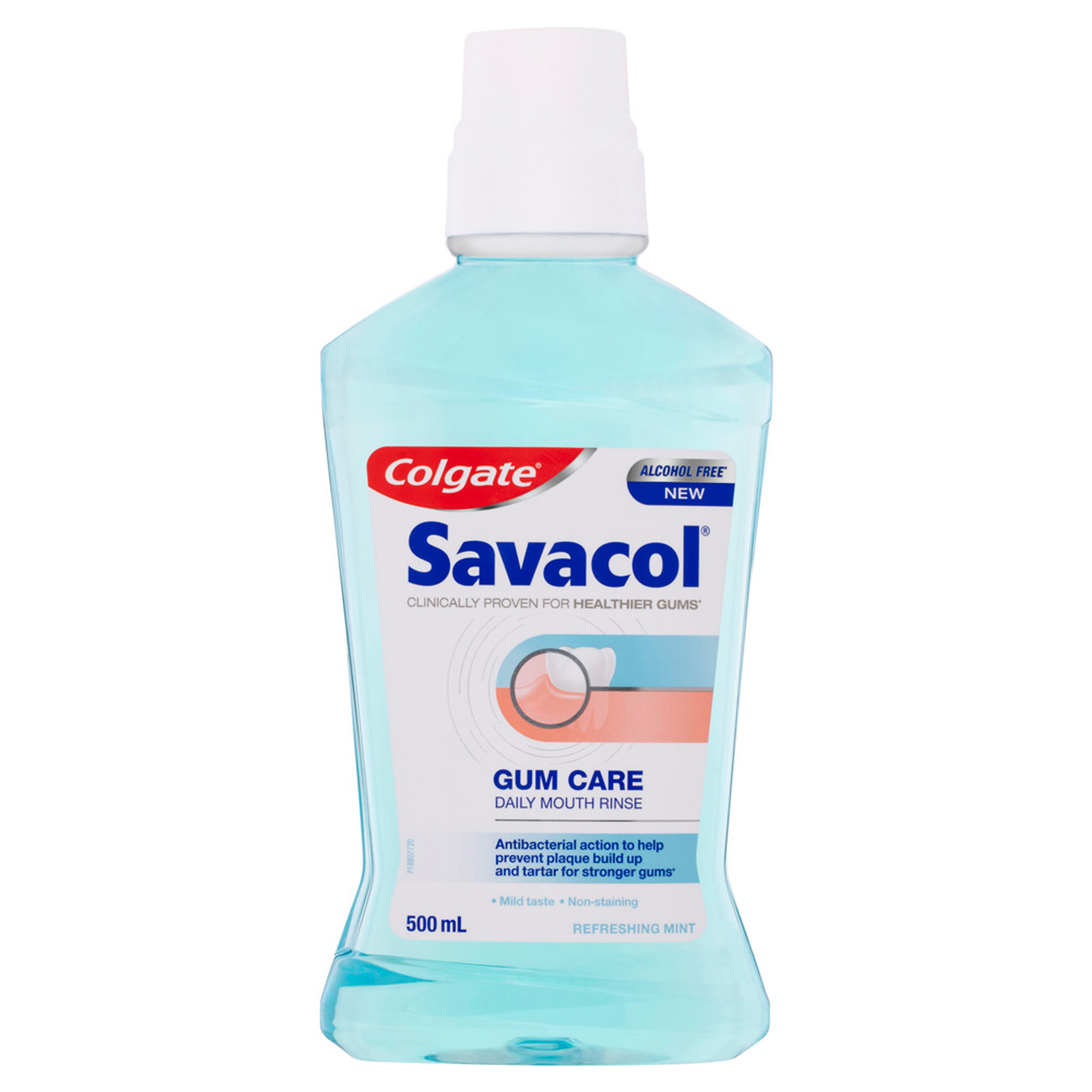
Sustainability is a hot topic, as it should be considering the damage humans have done to the earth, each other and the state of our economy. But no one is really talking about sustainability in dentistry, and everything related to it in the dental industry seems to be focused on only one pillar of sustainability, the environment.
Well I’m here to challenge that perspective by exploring what sustainability actually is, why sustainable dentistry is so important and how to implement it into your practice.
Firstly, what is sustainability and why is it important?
There are many definitions for sustainability, however, the basic concept is to meet the needs of the present, without compromising the ability of future generations to meet their needs. A common misconception is that sustainability is focused solely on the environment. Sustainability is actually composed of three pillars; economic, environmental and social. Sustainability is a broad concept. The United Nations 2030 Agenda for Sustainable Development includes goals such as the elimination of poverty and hunger, good health and well-being, education, gender equality, clean water, affordable and clean energy, decent work and economic growth, reduced inequality, climate action and peace and justice. In light of the current climate and spotlight on racial discrimination, it is clear that we all have a long way to go to achieve the 2030 goals the United Nation had in mind in 2015.
Why should you care? Without beating around the bush, the basic fundamentals of human health and survival are under threat from global environmental changes and as a good human you should probably care about the elimination of poverty, equality, the economy you are leaving behind, and the health of future generations. But in case that isn’t enough motivation for you, there are actually a number of benefits associated with sustain business practice. Incorporating more sustainably focused protocols into your dentistry and your dental practice can save you money through more efficient operations and conservation of resources. It can also improve your relationships with your patients and your business’s image. People like to be associated with the positive, therefore showcase your sustainable practices, as more than ever, consumers, employees and patients really do consider a business’s sustainability practices.
So what can you do and how can you ensure you contribute to sustainable dentistry and oral health?
As discussed there are three key pillars to sustainability, social, environmentally and economic, as dentists we can address each of these in our everyday practice.
Educate yourself. Educate yourself on social issues and how these can impact on oral health . Acknowledge your privilege. If you managed to afford to go to dental school, you are already miles ahead of a lot of our population. Incorporate this knowledge into your dentistry. Dentistry and good oral health is a luxury and is tightly linked to socioeconomic status and race. For example Indigenous persons have worse oral health when compared to non-Indigenous persons; here in Australia that difference is one of the highest, with Indigenous Australians having 2.77 times the prevalence of untreated dental caries when compared to their non-Indigenous counterparts. People with disabilities also suffer poorer oral health than the general population and Australians living in rural and remote areas have poorer oral health compared with Australians living in major cities. Oral hygiene is important, but next time someone walks in with rampant untreated decay, take a step back and instead of assuming they just don't care, take time to consider the social determinants of oral health and what their barriers may be to achieving good oral health. You can also be part of the solution to closing the gaps and reducing inequalities. As dentists we can be advocates for oral health and work with key peak bodies to highlight and lobby for collaborative action to address oral health inequalities through robust oral health policy.
Educate your patients. The FDI suggests that the prevention of oral diseases and the promotion of health should be recognised as the most sustainable way to ensure optimal, accessible and affordable oral health with minimum impact on the environment - which makes sense. From an environmental perspective, prevention and education lead to less dental disease, which leads to less visits to the dentist, which reduces the environmental footprint of the dental practice. It also means less consumption of consumables, energy and less production of waste. From a social perspective, education and prevention improve the health and well being of the community and can also have an impact on equality. Incorporate more time into your appointments for education. Really talk to your patients about the causes of dental diseases and how to prevent them in the future. Not only will this make you a more sustainable dentist, but it will also improve your relationships with your patients.
Volunteer . A lot of us work in private practice in major cities where oral care is easily accessible for those who can afford it. However, there are a lot of Australians out there who either cannot access dental care or who simply cannot afford it. There are many volunteer programs available and the Australian Dental Association and the Australian Dental Health Foundation is a good place to start. There are programs being run here in Australia and overseas that you can join and help bridge the gap in oral health.
Become more environmentally sustainable. This is probably the easiest and most straightforward pillar to integrate into your practice. It also has a direct effect on the other two pillars (lightbulb moment: everything is connected). Did you know that if temperatures rise by 3 degrees celsius the global GDP would fall 25%? And if they were to rise by 4 degrees celcius it would fall 30%. That’s worse than the Great Depression, the only difference is that this fall would be permanent. Considering the impact COVID19 has had on our economy and its devastating effects, we can’t afford for this to happen.
What can you do? Review practice protocols and consider implementing some of the suggestions below:
Review the energy consumption at the practice you work at/own. Did you know that autoclaves can account for up to half of a practice’s energy usage? Make it a practice policy to only turn them on when full.
Change lights over to LED energy efficient bulbs.
Set computers to go to sleep when not used for a certain period of time.
Turn all lights off when leaving a room, not just at the end of the day but also at lunch.
Install blinds or curtains to help with temperature control.
Review routine practices: how many cotton rolls or micro- brushes do you generally use? Ensure only the necessary amounts are put out for each appointment and make sure all items used are truly necessary.
Buy in bulk to reduce the number of deliveries. Try to buy from one supplier to reduce packaging and delivery.
Avoid single use devices and plastic where appropriate (did you know over 8 million tonnes of plastic enters the ocean each year?!).
Change to more environmentally conscious suppliers and to biodegradable products such as Bio Protect if there is no plastic free/reusable alternative.
Become a community drop off location for programs such as the Oral Care Recycling program run by TerraCycle which takes hard to recycle products such as old toothbrushes and empty toothpaste tubes and turns them into new products.
Reduce paper usage; change medical history forms from paper to an online form and email treatment plans instead of printing them.
These suggestions are only a starting point and are by no means extensive. We spend thousands of dollars each year and countless hours improving our skills and working to become better at our craft. Why not use some of that time and money on educating ourselves on these issues we face as a society and working towards a better future? As dentists we are required to practice ethically and what could be more ethical than sustainable practice.
Harford, Sara., Ramasubbu, Darshini., Duane, Brett., & Mortimer, Frances. 2019. Sustainable Dentistry: How-to Guide for Dental Practices. Centre for Sustainable Healthcare, Oxford, UK
FDI. 2017. Sustainability in Dentistry. FDI World Dental Federation. Available at: https://www.fdiworlddental.org/printpdf/4506 [Accessed June 2020].
PHE and CSH. Carbon modelling within dentistry: towards a sustainable future. [ONLINE] Available at: https://assets.publishing.service.gov.uk/government/uploads/system/uploads/attachment_data/file/724777/carbon_modelling_within_dentistry.pdf [Accessed June 2020].
Schuch, H., Haag, D., Kapellas, K., Arantes, R., Peres, M., Thomson, W.M. & Jamison, L. 2017. The magnitude of Indigenous and non-Indigenous oral health inequalities in Brazil, New Zealand and Australia. Community Dentistry and Oral Epidemiology. 45:5
United Nations. Transforming our world: the 2030 Agenda for Sustainable Development. Resolution adopted by the 80 General Assembly on 25 September 2015. A/RES/70/1. General Assembly, Agenda items 15 and 116, 81 2015. [ONLINE] Available at: https://unctad.org/meetings/en/SessionalDocuments/ares70d1_en.pdf [Accessed June 2020].
ADA. 2019. Policy Statement 6.21- Dentistry and Sustainability. [ONLINE] Available at: https://www.ada.org.au/Professional-Information/Policies/Dental-Practice/6-21-Dentistry-and-Sustainability/ADAPolicies_6-21_DentistryandSustainability_V1.aspx [Accessed June 2020].
WWF. 2018. Living Planet Report- 2018: Aiming Higher. Groote, M. and Almond, R.E.A (Eds). WWF, Gland, Switzerland
Bianca Volpato is a graduate dentist living in Melbourne after having completed a Doctor of Dental Medicine at The University of Sydney. Previously having studied a Bachelor of Medical Science (Honours) also at The University of Sydney, Bianca is passionate about health, communication and sustainability. Bianca is a founding member of the Colgate Advocates for Oral Health: Editorial Community. She became a member to help promote preventative oral care and sustainability within the dental industry and hopes to inspire and help other new graduates overcome the hurdles faced and challenges presented as a new dentist.
Join us
Get resources, products and helpful information to give your patients a healthier future.
Join us
Get resources, products and helpful information to give your patients a healthier future.











